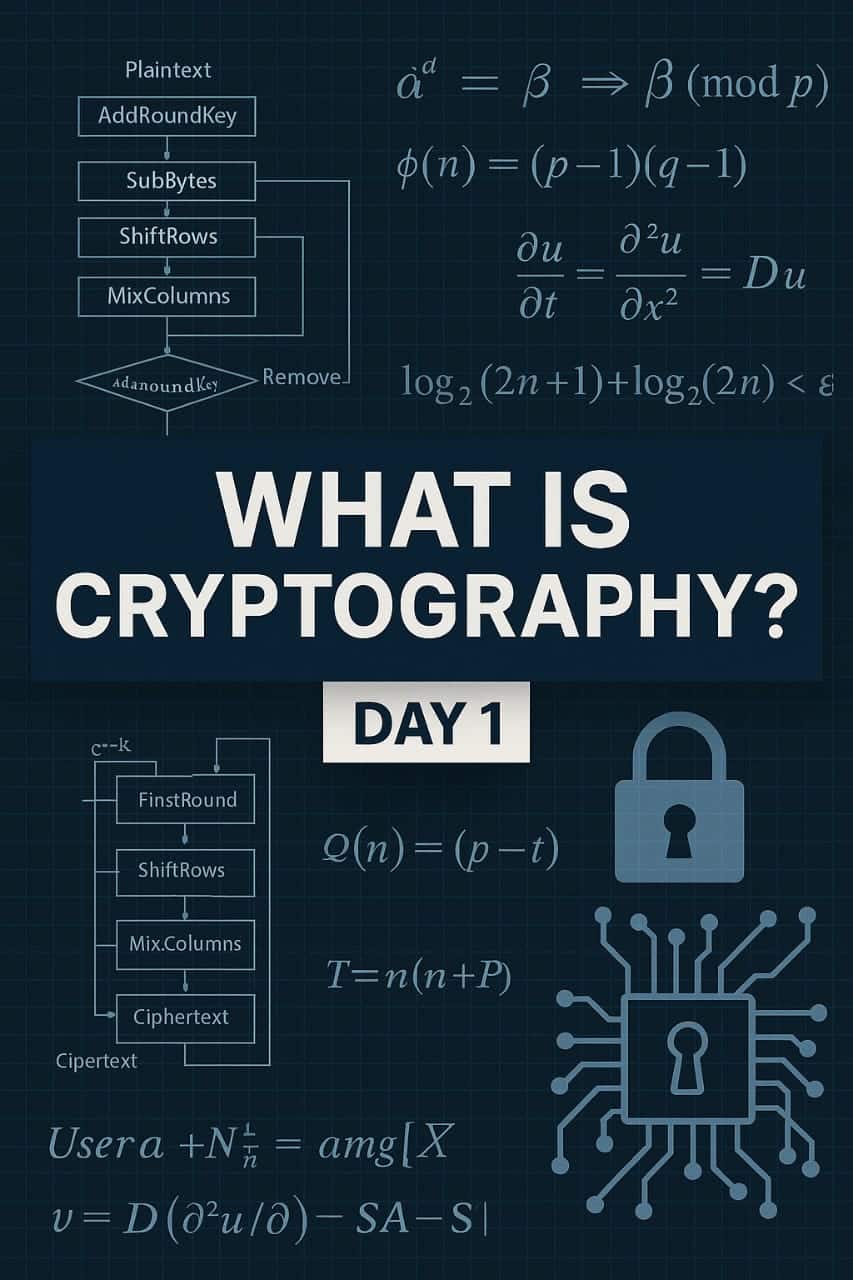Hackingblogs
1w
109

Image Credit: Hackingblogs
Day 1: What is Cryptography? Why It Matters in Cybersecurity
- Cryptography is essential in protecting secrets by transforming plaintext into ciphertext and vice versa in the digital age.
- It provides control, proof, integrity, and privacy, allowing us to secure communication and confirm identities.
- Claude Shannon is known as the father of modern cryptography, emphasizing perfect secrecy where ciphertext reveals nothing about the message.
- Whitfield Diffie and Martin Hellman revolutionized cryptography with asymmetric cryptography and the Diffie-Hellman Key Exchange.
- The creators of RSA algorithm, Ron Rivest, Adi Shamir, and Leonard Adleman, laid the foundation for secure web traffic.
- Historically, cryptography played a crucial role from Julius Caesar's Caesar Cipher to cracking the German Enigma machine in WWII.
- In modern times, encryption safeguards online banking, messaging apps, password storage, VPN services, and email security.
- Key terms include encryption, decryption, key, ciphertext, hashing, salting, digital signature, and public/private keys in asymmetric encryption.
- Symmetric encryption, asymmetric encryption, and hashing are different types of cryptography that serve various encryption and decryption purposes.
- The fundamentals of keys, ciphers, and algorithms in practical systems will be explored in Day 2 of this cryptography series.
Read Full Article
6 Likes
For uninterrupted reading, download the app